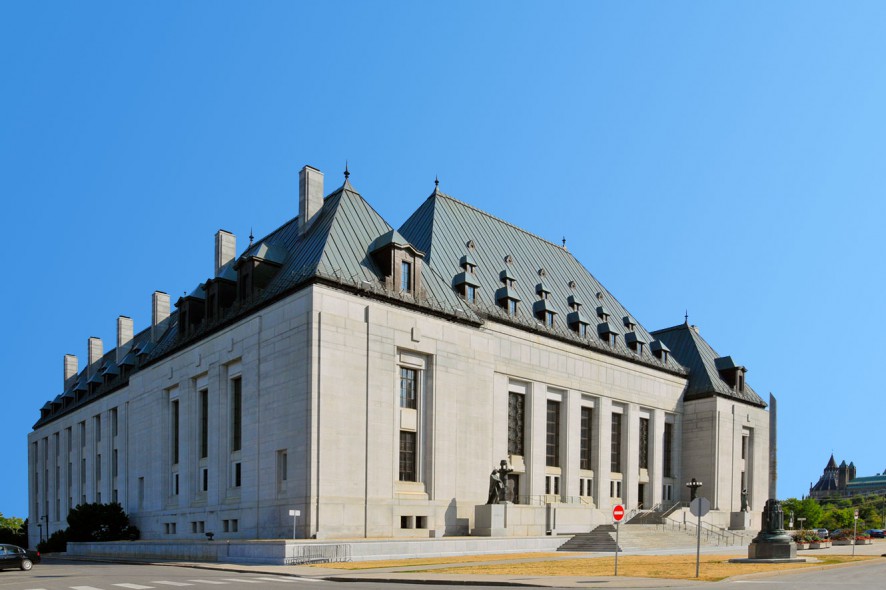Supreme Court of Canada: A nine-Judge Bench sided 7:2 against the Trinity Western University (TWU) and upheld the decision of the Law Societies of British Columbia and Ontario in not granting approval to Trinity Western University for the establishment of law colleges both at British Columbia and Ontario.
TWU was a private Christian University which wanted to establish law colleges where all the students and faculty have to follow a code of conduct, ‘covenant’, that prohibits sexual intimacy except between a married man and a woman. TWU applied for approval of its proposed law colleges before the Law Societies of British Columbia and Ontario. However, the said Law Societies did not grant such approval. TWU challenged the non-grant of approval terming the Law Societies’ decision as violating freedom of religion and other rights under the Charter of Rights and Freedom. In British Columbia, the Supreme Court ruled for TWU and in Ontario, Courts ruled for the Law Society. Thus, the matter finally reached the Supreme Court.
The majority of judges at the Supreme Court ruled in favour of the Law Societies. The question before the Court was whether the decision of the Law Societies was reasonable? The Court opined that in order to be considered reasonable, the decision must strike balance between religious rights of TWU community and public interest. It was observed that ‘public interest’ included promoting equality by ensuring equal access to the legal profession, supporting diversity within the bar, and preventing harm to LGBTQ law students. Further, the Law Societies were not stopping anyone from following his or her own religious beliefs; they only prevented TWU from enforcing beliefs on other students of the law college community. The Court said that the decisions did not seriously limit anyone’s religious freedom; the benefits of protecting public interest were important and the limitation in religious rights was minor. The Court held that both the decisions reflected a proportionate balance and were therefore reasonable. Beverley McLachlin, CJ. emphasised that approving the proposal of TWU would condone discrimination against LGBTQ people based on sexual orientation. Malcolm Rowe, J. observed that the TWU wanted the Law Societies to approve a law college where students would be forced to follow Evangelical Christian beliefs, whether they shared such beliefs or not; freedom of religion protects the right to believe in whatever one chooses and to follow those beliefs; but, it does not include right to force such beliefs on others. According to the Hon’ble Supreme Court, TWU’s claim fell outside the scope of freedom of religion as protected by the Charter. Accordingly, the appeal was dismissed upholding the decision of the Law Societies not to grant approval for the law college as proposed by TWU. [Trinity Western University v. Law Society of Upper Canada, 2018 SCC OnLine Can SC 11: 2018 Supreme Court Cases 33, decided on 15-6-2018]







